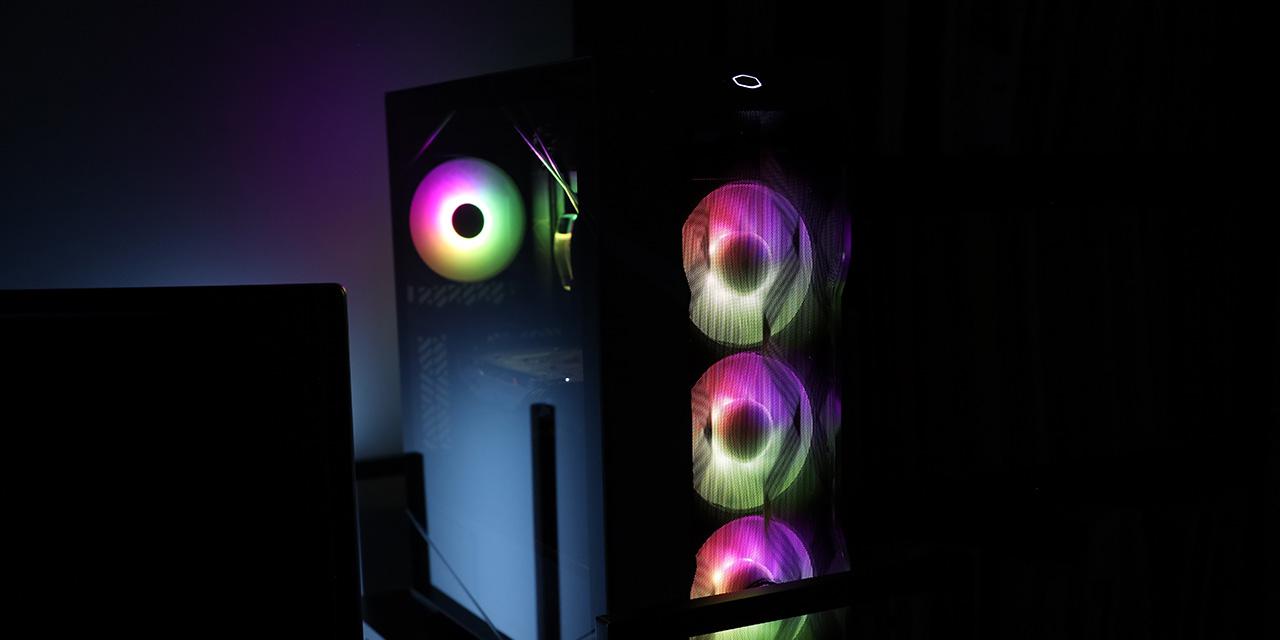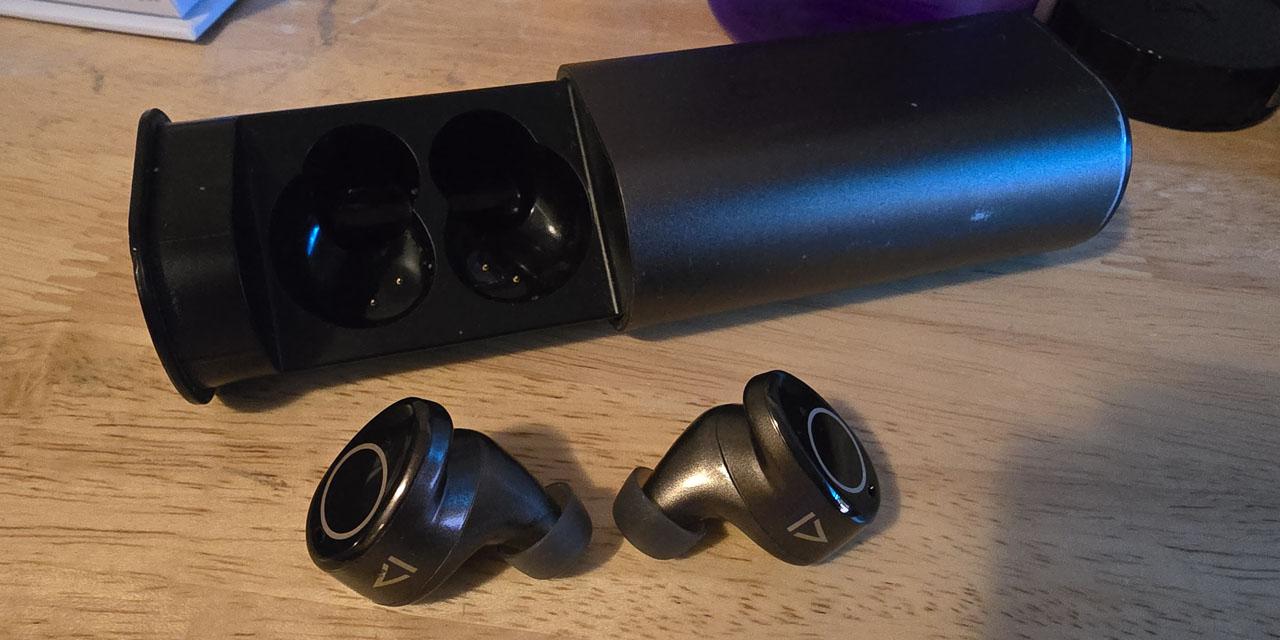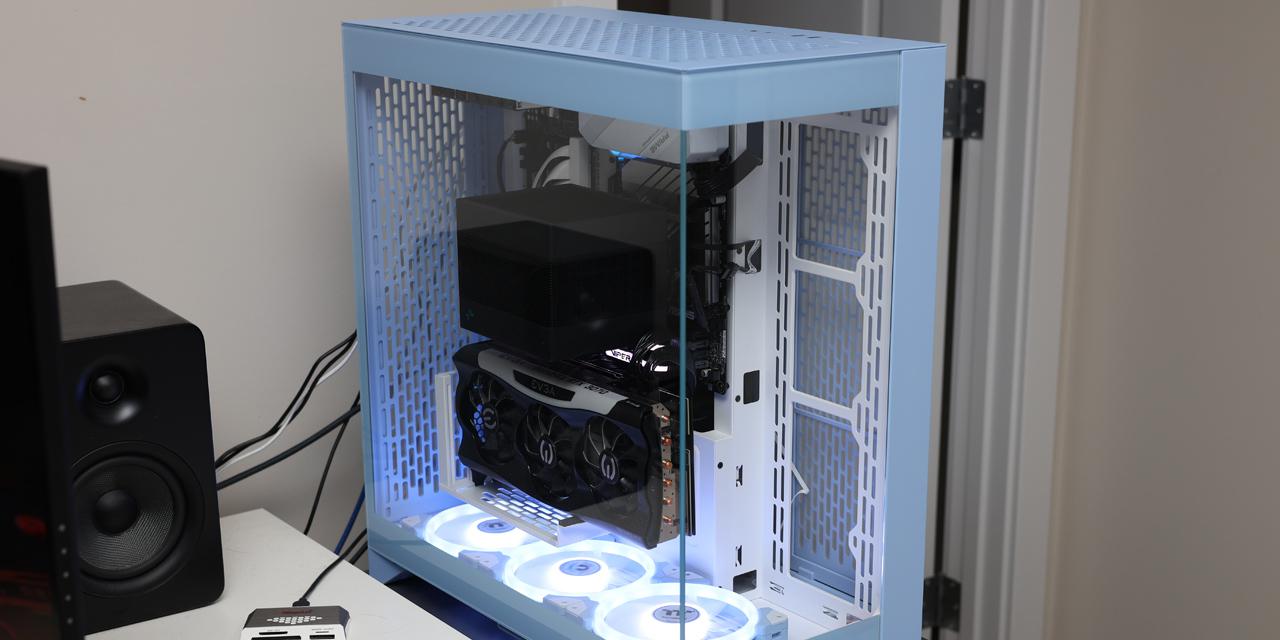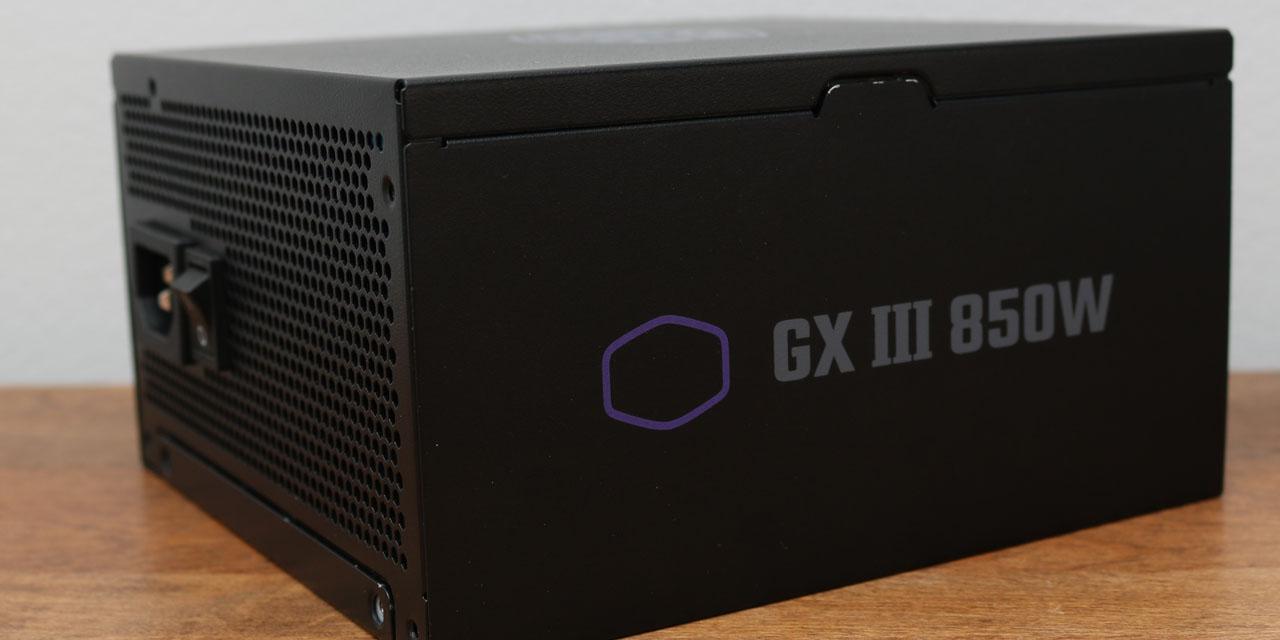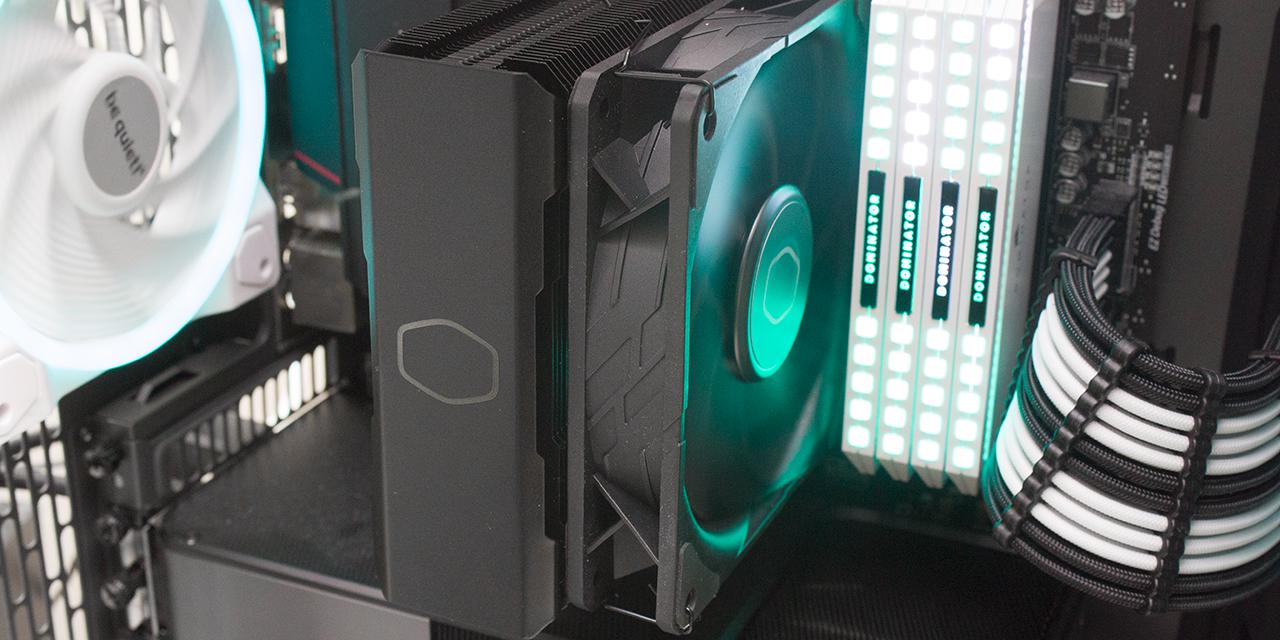|
From DailyTech: Google Inc. (GOOG) is supposedly a champion of developer rights and software freedoms. So it seems highly curious that while the majority of Android manufacturers like Samsung Electronics Comp., Ltd. (KS:005930) and HTC Corp. (TPE:2498) unlock their bootloaders, Motorola Mobility's phones (such as the popular Droid RAZR) are still locked up tighter than Fort Knox. Unlocked bootloaders allow for custom ROMs and the removal of unwanted carrier "bloatware". This is particularly handy for independent developers, who may wish to test apps on several different versions of Android, on one device. On the other hand, a locked bootloader can be a daunting obstacle to enthusiasts. It takes a lot of effort to reverse engineer one. Although unlocking the bootloader via exploits is legal, the difficulty factor means it is done for only a handful of the top selling phones such as Apple, Inc.'s (AAPL) iPhone. And even in these cases, the exploitation process creates security risks, which the company and unlockers must patch. All of this is less ideal than in the case where the carrier provides a secure, authorized bootloader unlock. The issue of user monitoring was especially noteworthy, given that it was recently found that HTC's smartphone were printing sensitive information via a monitoring app. And aside from the HTC-specific security risk, the revelation raised privacy concerns about how much data was being collected, and who it might be shared with. The scandal appeared to be part of what pushed HTC to unlock its bootloader. Verizon Wireless claimed via Twitter that it did not use Carrier IQ. But domain lookups looks show that Verizon Wireless owns IPs associated with Carrier IQ domain names, according to sources. Some have speculated that Verizon may have simply rebranded the app, disguising its name (which would make its above denial technically correct in literal terms). View: Article @ Source Site |
 |
Verizon Complains That it Must Lock Android to Manage Them
© Since 2005 APH Networks Inc. All trademarks mentioned are the property of their respective owners.
